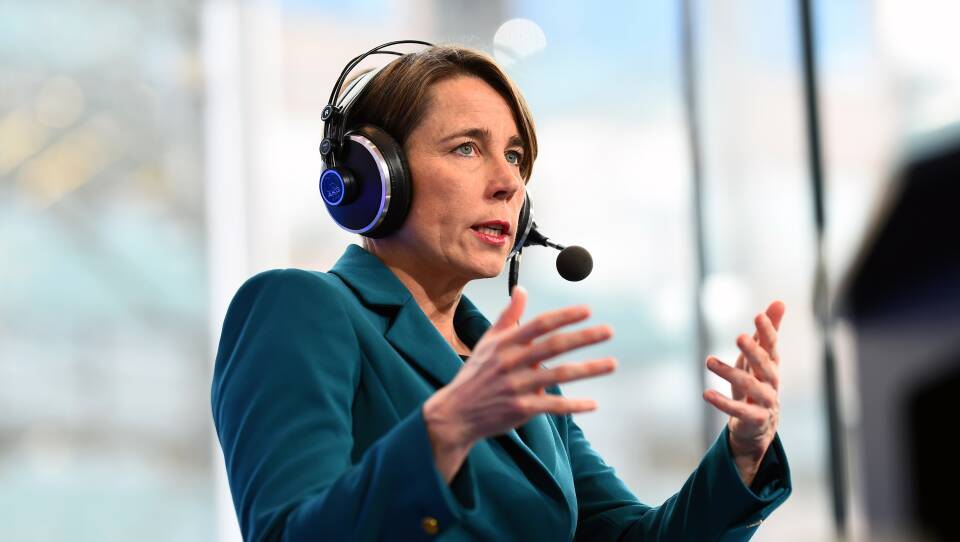Gov.-elect Maura Healey on Tuesday reaffirmed her support for the concept of medical aid in dying, but said lawmakers should determine its appropriate processes and safeguards.
A day after the state's highest court ruled that the Massachusetts constitution does not protect doctors who provide terminally ill patients a lethal dose of medication, Healey said on Boston Public Radio that the court made the right decision.
"It's a really challenging and heart-rending issue, obviously, for so many," Healey said. "What I have said and what I think should happen is that the Legislature should do the work, have the hearings and figure out the best guide rails to put in place when it comes to this."
Various versions of legislation that would allow terminally ill patients to request and receive medication to end their lives have been hotly debated for years at the State House, and lawmakers haven’t reached consensus 10 years after the narrow defeat of a ballot question that sought to legalize medical aid in dying.
The Supreme Judicial Court ruled that this was an issue for the state Legislature.
On transparency in state government
Massachusetts is the only state whose governor, Legislature and Judiciary all claim to be exempt from the public records law.
In her current role as attorney general, Healey has said she doesn't believe anyone in government should be categorically exempt from the records law — and she appears to be taking that view into the governor's office with her.
She said she would not claim to be exempt from the records law in her new role, and that she supports legislation that would cut back the exemptions for the Legislature and the courts. For her support to come into play, lawmakers would have to pass a bill subjecting their own documents and communications to greater public scrutiny, a move they've resisted in the past.
More Politics
On her priorities
Speaking just over two weeks before her inauguration, Healey labeled enhancing affordability, preserving the state’s competitiveness and tackling climate change as among her top priorities.
Healey on Monday announced plans to appoint Melissa Hoffer, the Environmental Protection Agency’s principal deputy counsel, as her climate chief — a new, cabinet-level post.
She said Tuesday that Hoffer will report directly to her and Lt. Gov.-elect Kim Driscoll “on how we’re driving climate policy through all of our agencies, because unless you do that through all aspects of government, with intentionality, with focus, you’re not going to get to where we need to be in terms of meeting our climate goals.”
Healey compared her interest in climate technology to former Gov. Deval Patrick’s landmark investment in the life sciences sector. Patrick in 2008 signed a 10-year, $1 billion bill to grow the biotech industry in Massachusetts.
“We need to make that next big bet, maybe a series of bets,” Healey said. “I’ve talked a lot throughout the course of the campaign about what's possible with climate tech. We’ve got the ability here in our state, unlike any other state in this country, to create a climate corridor of tech innovation, investment, manufacturing that stretches all the way from the Berkshires to Barnstable.”








